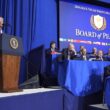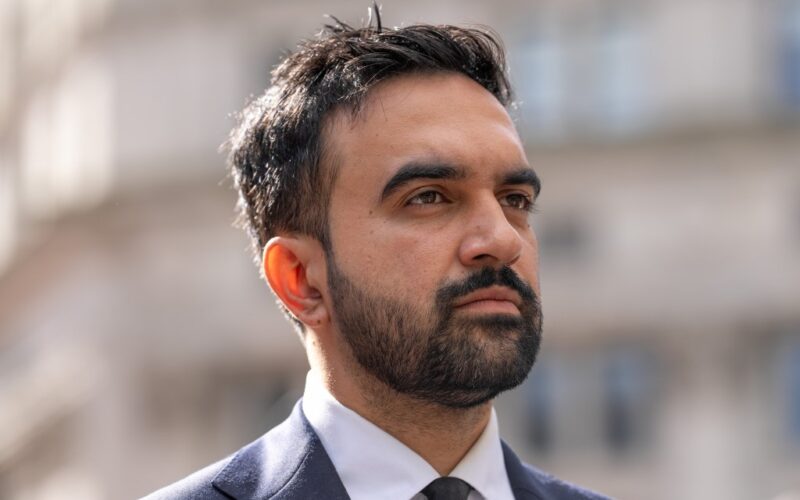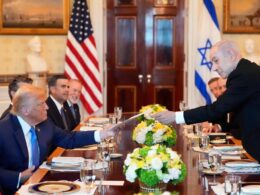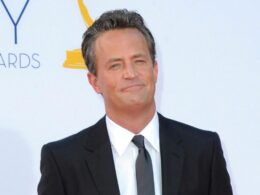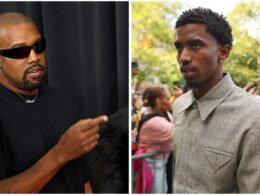There is a choice before American Jews as we imagine our possible futures. Some argue that Judaism and Zionism are inseparable, and that questioning this premise constitutes antisemitism. Others envision an alternative, rooted in millennia of Jewish history, that rejects the conflation of Judaism with nationalism, and dismisses the concept that there could possibly exist a singular, monolithic Jewish voice on the subject at all.
This is not a new debate. Anti-Zionism has existed since the birth of Zionism itself. The American Council for Judaism has proudly stood in this tradition since 1942, representing what was once the mainstream stance of the Reform movement: that Jewish identity, ethics, and community do not depend on nationalism, and that Jewish life flourishes best in free and democratic societies.
Today’s leadership of the organization grounds our commitments, particular and universal, in the ethical core of Torah, which teaches that every human being is created b’tzelem elohim — in the image of God — and that safeguarding human dignity is a sacred obligation. That’s why so many Jews, including our board, are praying and acting for an end to Israel’s assault on Gaza, especially as the bombardment and siege continue during this so-called ceasefire.
The “Rabbinic Call” issued last week seeking to slander Zohran Mamdani, which quoted statements by Rabbis Ammiel Hirsch and Elliot Cosgrove, is not a neutral intervention. It is a repressive and political attempt to enforce conformity regarding Israel and to police the boundaries of acceptable discourse within Democratic Party politics.
This kind of authoritarian maneuver — an attempt to equate Jewish identity with loyalty to a foreign state — is antithetical to the Jewish communal legacy of dissent, debate, and democratic participation. It heretically likens Zionism, a modern nationalist movement, to Torah, the core essence of Judaism. It echoes antisemitic views which conflate all Jews with the state of Israel, and essentialize all Jews into a singular political force.
Jewish New Yorkers do not speak with one voice. An outsized percentage of us strongly support Zohran Mamdani, as demonstrated by the Jews for Zohran campaign. Brad Lander, New York City comptroller, the highest-ranking Jewish elected official in city government, and a respected community member, has publicly endorsed Mamdani, as has the most senior Jewish member of the House of Representatives, Jerry Nadler.
A growing number of Jews believe that our dignity and safety do not depend on a foreign state but on building an inclusive, multiracial democratic society here at home.
The “Rabbinic Call” represents a shrinking faction of institutional functionaries, not the broader community. Poll after poll shows that most Jews around the world, like our neighbors, are horrified by Israel’s ongoing campaign of genocide in Gaza and the escalating ethnic cleansing in the West Bank. Jewish participation in recent large scale demonstrations makes this even clearer: This is mainstream American Judaism.
Instead of reflecting that reality, the signatories have chosen to target a historic candidacy. By leading an unprecedented expansion of democratic participation, Mamdani is poised to make history as New York’s first Muslim and first South Asian mayor. His campaign has opened new political space in this city and beyond, space that many in the Jewish community have been working towards for generations. That is something to celebrate, a moment to say shehecheyanu.
There is a vibrant, contested debate within the Jewish community about how we understand our identity, our politics, our responsibilities, and our futures. There has never been a universal Jewish position on Zionism. There isn’t one now. The sooner we stop pretending there is, the freer we will be to build Jewish futures rooted in conscience, solidarity, and democracy.
Kahn, a rabbi, is the executive director of the American Council for Judaism.

